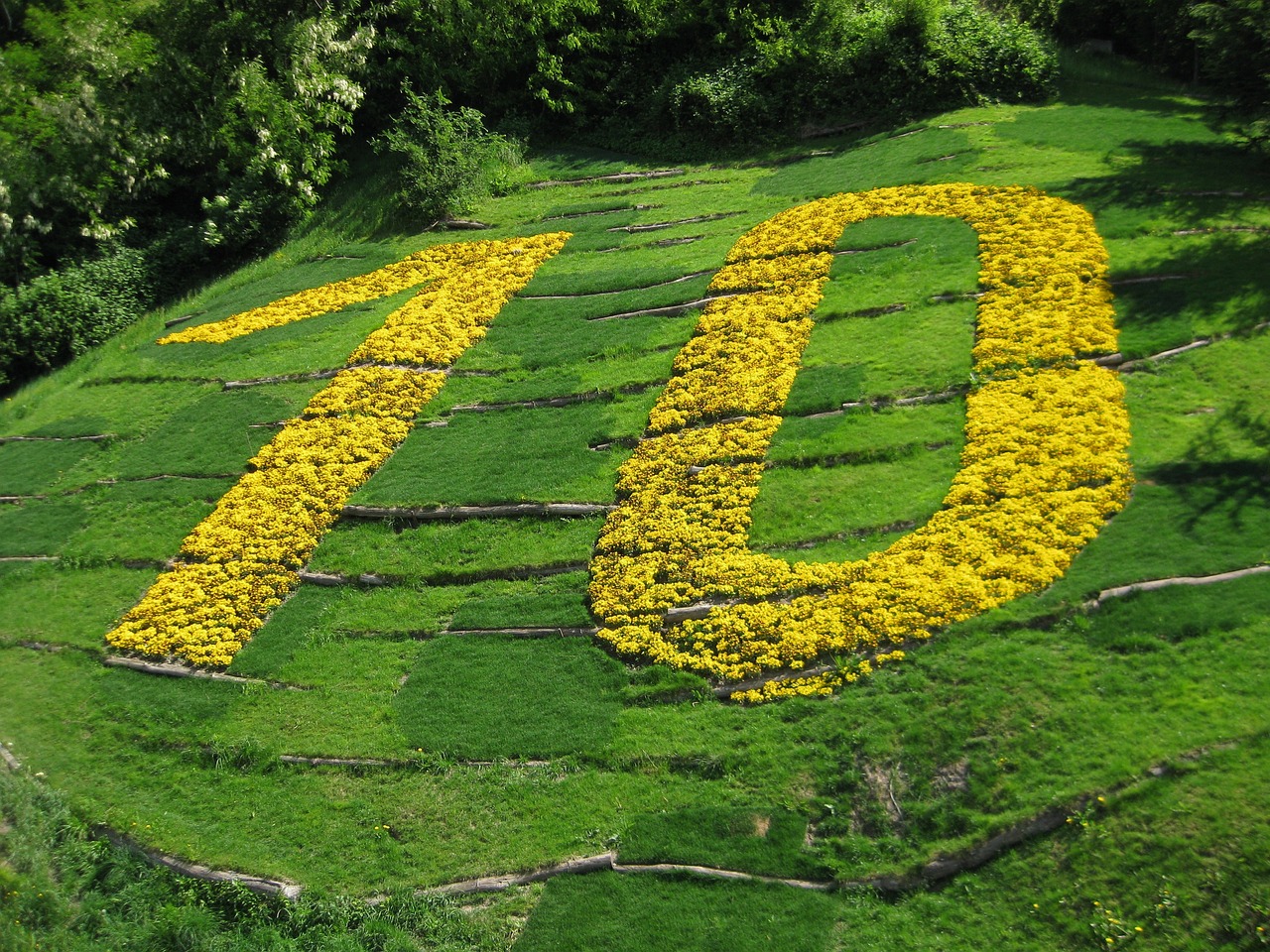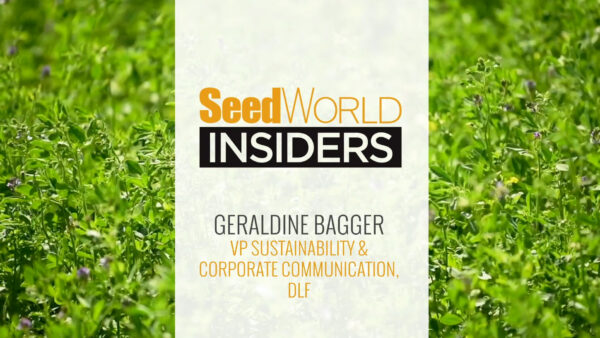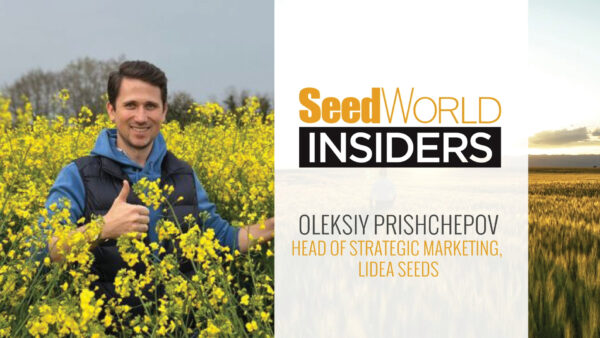Dear readers of Seed World Europe,
Over the past year, we have shared hundreds of stories with you. Some were well read, others a bit less, and some just went through the roof. Let’s look at what were your most favourite stories on Seed World Europe of the past year. Check out the full articles by following the link. From 10 to 1, here’s our list of best viewed stories:
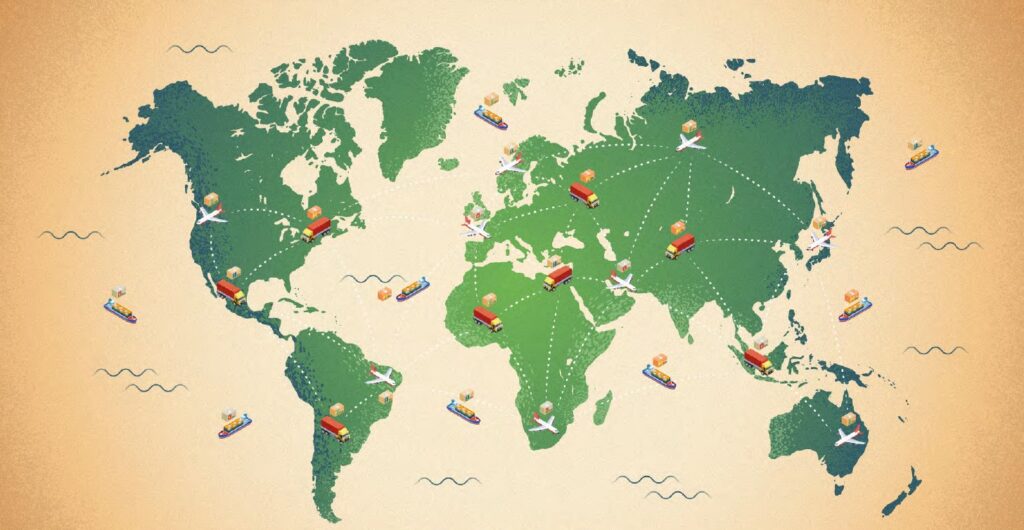
10. How to Improve Seed Movement Around the World – September 2023
Moving seed around the world can be a headache, with one of the major hurdles to overcome are the many and often diverging national phytosanitary regulations. In an attempt to harmonize and simplify international movement of seed, the seed sector came up with an alternative for the current complex way of working called a Multilateral Systems Approach. Check out what three experts from the seed sector have to say about this new approach. down with Isabel Bezuidenhout, phytosanitary manager at the South African Seed.
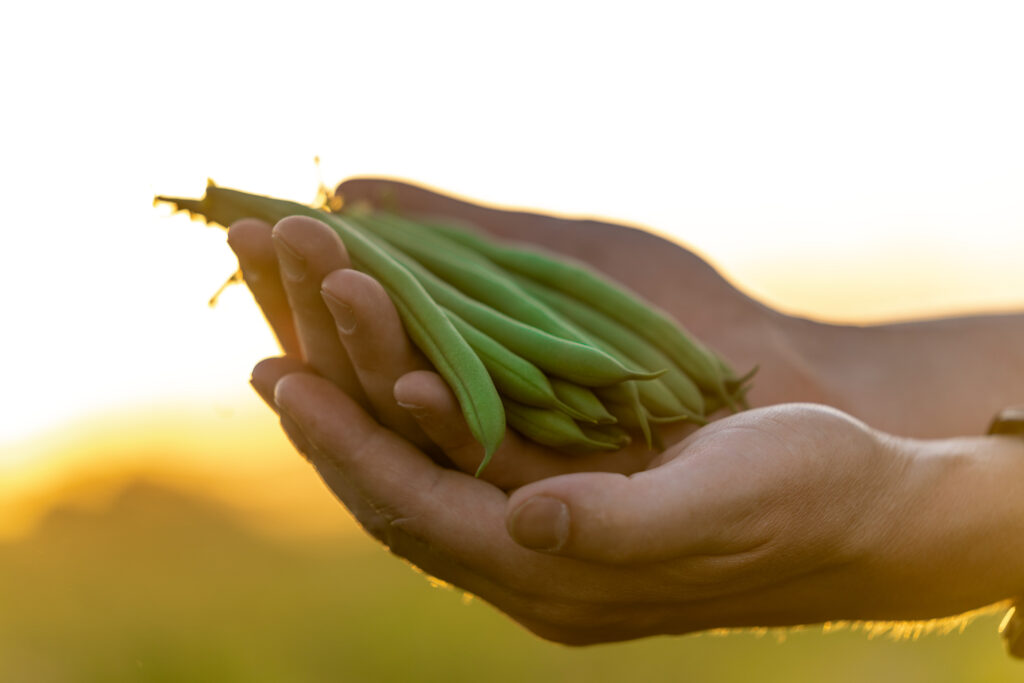
9. The Future Only Works Together: Bringing Healthy and Affordable Nutrition Together – March 2023
Due to climate change, plants are exposed to greater stress factors: Heat, drought, strong winds or floods threaten farmers’ harvests and the food supply of many people. Plants that can withstand these stresses well and produce reliable yields will be more important than ever in the future. Our regular INSIDER company KWS shares the work they are doing to develop legume varieties that can tolerate extreme weather, in their so-called MAGMA collection.

8. UK Passes Genetic Technology (Precision Breeding) Bill 2022-23 – March 2023
The UK’s precision breeding bill — enabling plant breeding while facing hurdles such as climate change, food security and sustainable farming — was approved by Parliament. This legislation has been updated for the first time in more than two decades, and many are applauding the bill. Check out the article to learn more about the Bill’s objectives, the reaction from the seed sector, and the impact on society.

7. You are Myth Taken: GMOs – February 2023
If there is one topic in the plant breeding and seed sector that has generated a lot of myths, it is genetically modified organisms. Which is utterly surprising as these GM plants are all thoroughly checked with tests based on internationally agreed rules. They are declared fully safe and are not harmful in any way, raise yields, and have led to a decrease in the use of crop protection products, as a result of the added diseases resistances in these GM plant varieties. Check out our myth-busting piece on GMOs.
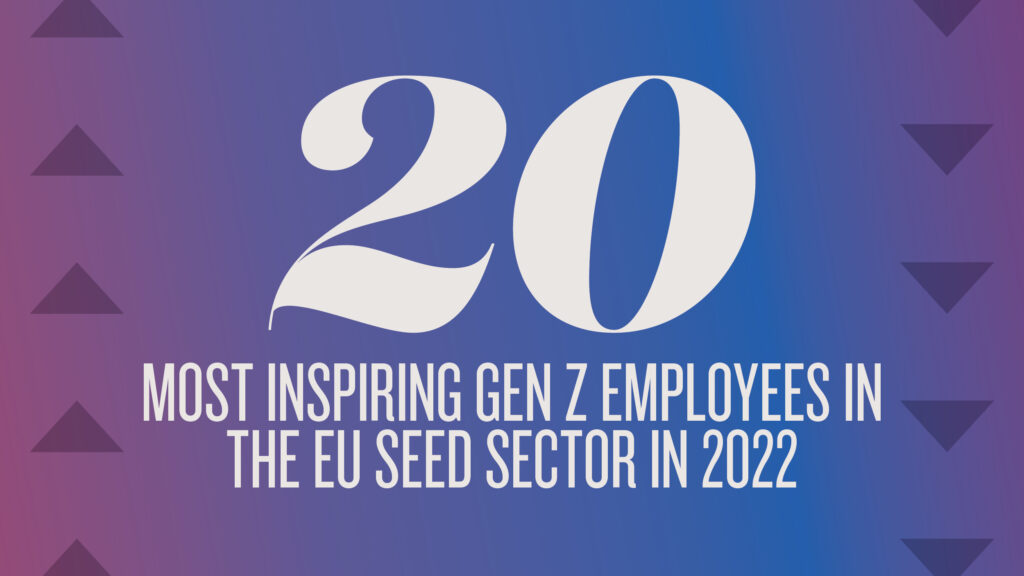
6. 20 Most Inspiring Gen Z Employees in The EU Seed Sector In 2022 – April 2023
In this article, we put the spotlight on some of the young people that are active in our sector and provide an inspiration for others. We selected those 30 years old and younger, often termed as ‘Generation Z’ (or Gen Z). We asked all national seed associations in Europe and many other peers in the European seed sector to send us their nominations of employees who are making an extra effort. And as each year, the reactions were overwhelming. It What I particularly enjoyed was to see the level of enthusiasm and passion for plant breeding and the seed sector that all nominees were showing. So, there is some hope left.
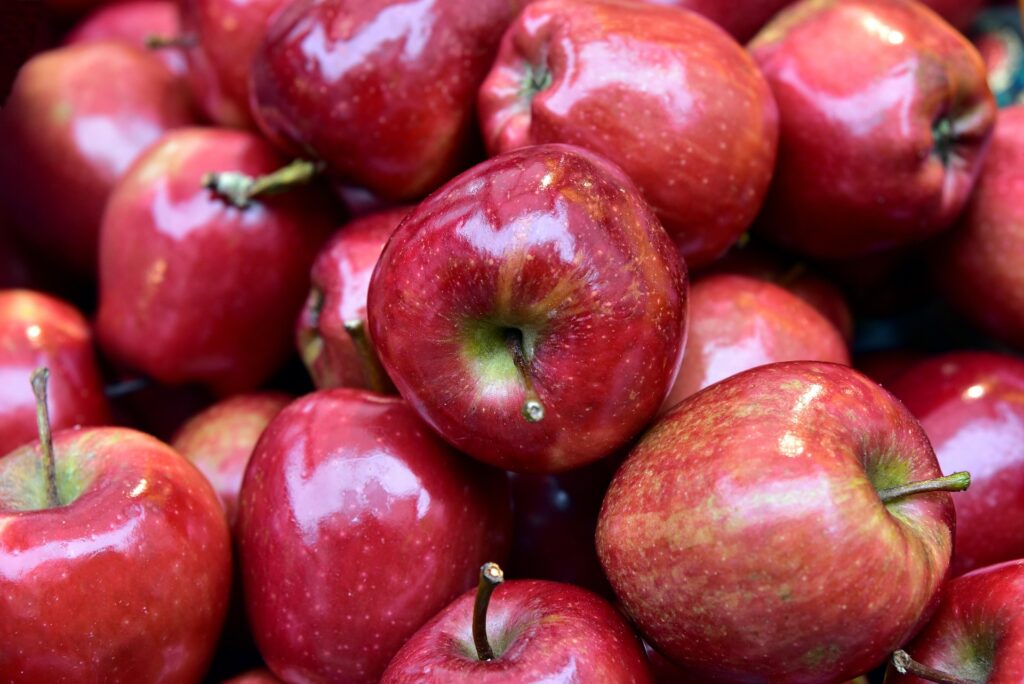
5. The Truth Behind the EWG’s Dirty Dozen – January 2023
Our recurring columnist Joe Schwarcz analyses the annual list of pesticides residues found on fruits & vegetables, which put together by the Environmental Working Group (EWG) in the U.S. Joe urges us all to keep in mind that the presence of a residue does not equate to the presence of risk. The question that needs to be asked is: How many of the residues detected were in excess of the Environmental Protection Agency’s carefully established maximum tolerance level? It turns out that of the 531 samples, none had a residue of any pesticide that exceeded the EPA’s tolerance level. So, there is absolutely no need to worry about eating fruit and vegetables, conventional or organic, which incidentally can also have residues of a number of pesticides allowed in organic agriculture.
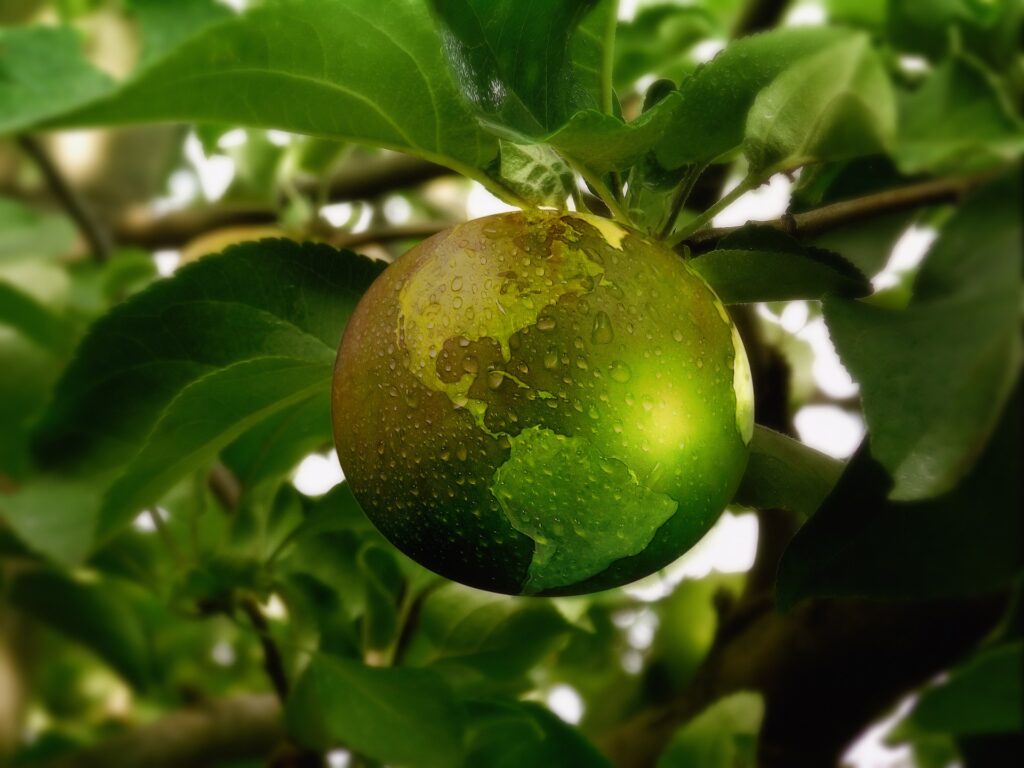
4. Multi-species Cover Crops and Carbon Credits: Lidea’s Sustainable Initiative – November 2023
Our regular INSIDER company Lidea is stepping into the world of carbon neutrality by introducing a range of multi-species cover crops, allowing farmers access to carbon credits as part of the low-carbon label. In the coming months, the seed company will involve its partner seed multipliers in this sustainable initiative. Cover crops play a pivotal role in reducing the carbon footprint associated with fertilization. Ammonia production demands significant energy, often sourced from Russia. Cover crops also have a capital role in carbon storage in the soil, with estimates suggesting that these crops could store about 0.8 tons of carbon per hectare each year.
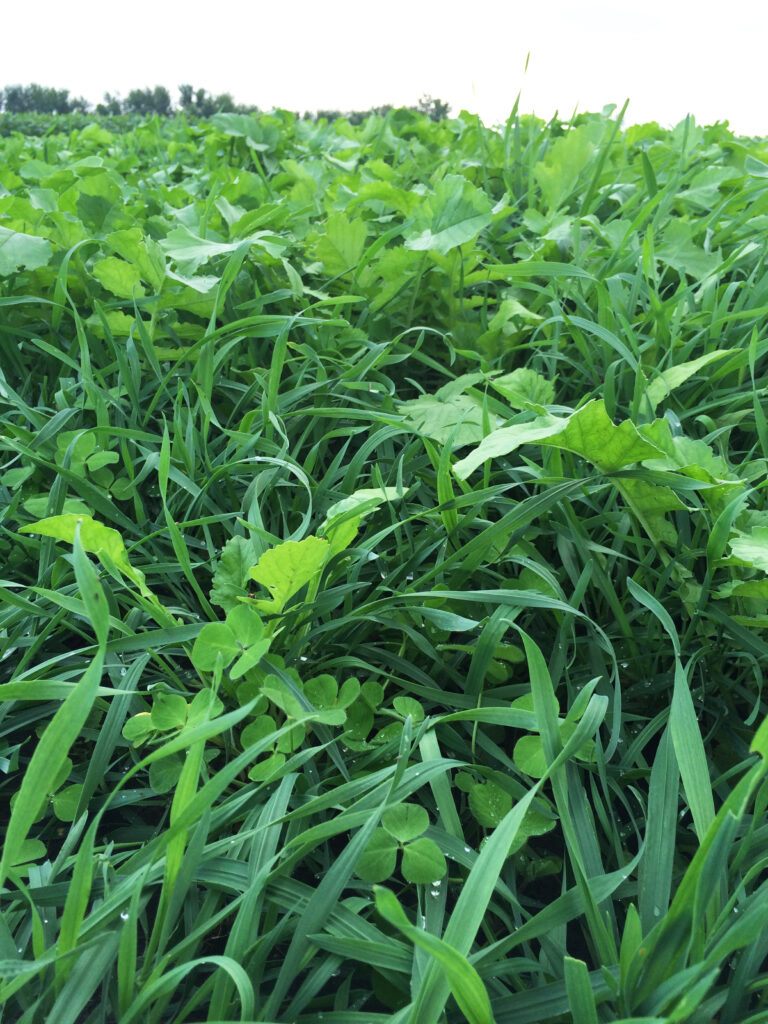
3. Maximizing Forage Production Through Cover Crops: Nurturing Soil Health for Sustainable Agriculture – December 2023
Soil health stands as a cornerstone for successful forage production, serving as the foundational bedrock for crop nourishment and growth. Employing correct practices becomes pivotal in fostering robust soil health, encompassing factors such as ample air spaces, maintenance of aerobic conditions, substantial soil organic matter, and efficient drainage. INSIDER company DLF explains that among the five essential principles governing soil health, ‘Soil Armor’ emerges as a critical aspect, shielding the soil from adverse weather conditions, such as wind and rain, via the implementation of cover crops.
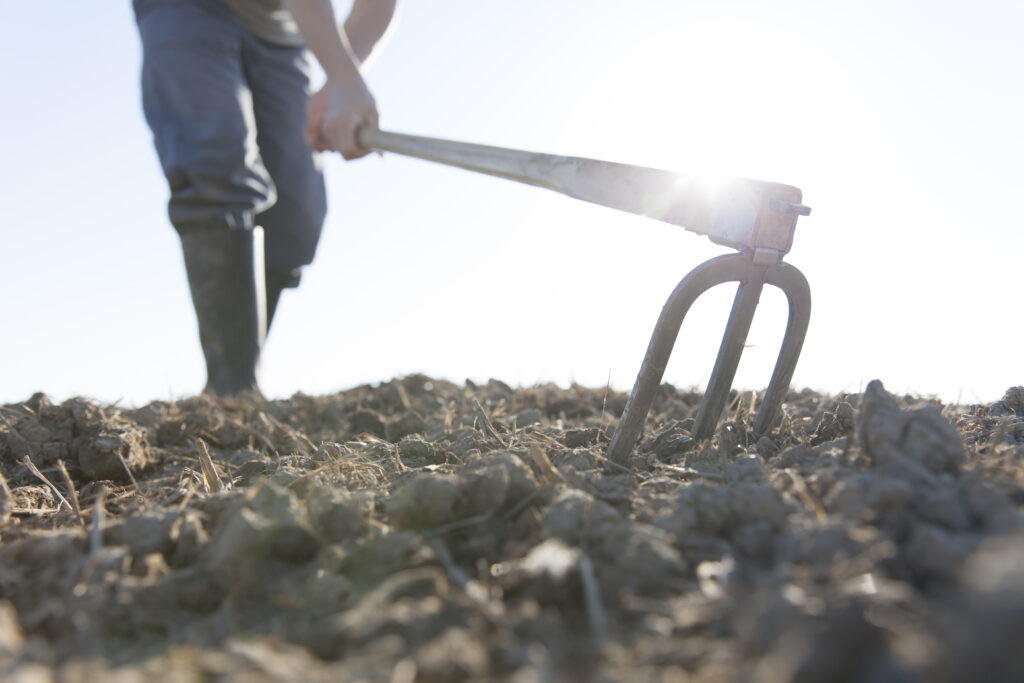
2. You Are Myth Taken: Organic Agriculture – March 2023
Myth: Organic agriculture or organic food are pesticide free. Fact: It is commonly believed that organic farmers do not use pesticides and that organic food is therefore safer to consume than conventionally farmed fruit and vegetables. This claim that organic farmers work without using pesticides is a view that has been spread widely but is clearly false. In the EU, according to the pesticide approvals database, there are currently close to 500 substances approved for use as pesticides — of which 28 are approved for use in organic agriculture, many of which are neurotoxins or with a toxic profile requiring “Danger” labels. Find out more about the myths on organic agriculture.

1. Ag at a Climate Crossroads: COP28 and the Biostimulant Solution – November 2023
The 2023 United Nations Climate Change Conference (COP28), a pivotal gathering dedicated to addressing climate change, took place in Dubai, and gave the world an opportunity to assess the profound implications of climate change on crop production. One message is clear at this important gathering of policymakers: the world needs critical players in both the public and private sector to help address the multifaceted challenges posed by climate change.
Our INSIDER company Acadian explains that from an agricultural perspective, two critical areas demand our attention: soil health and abiotic stress.


